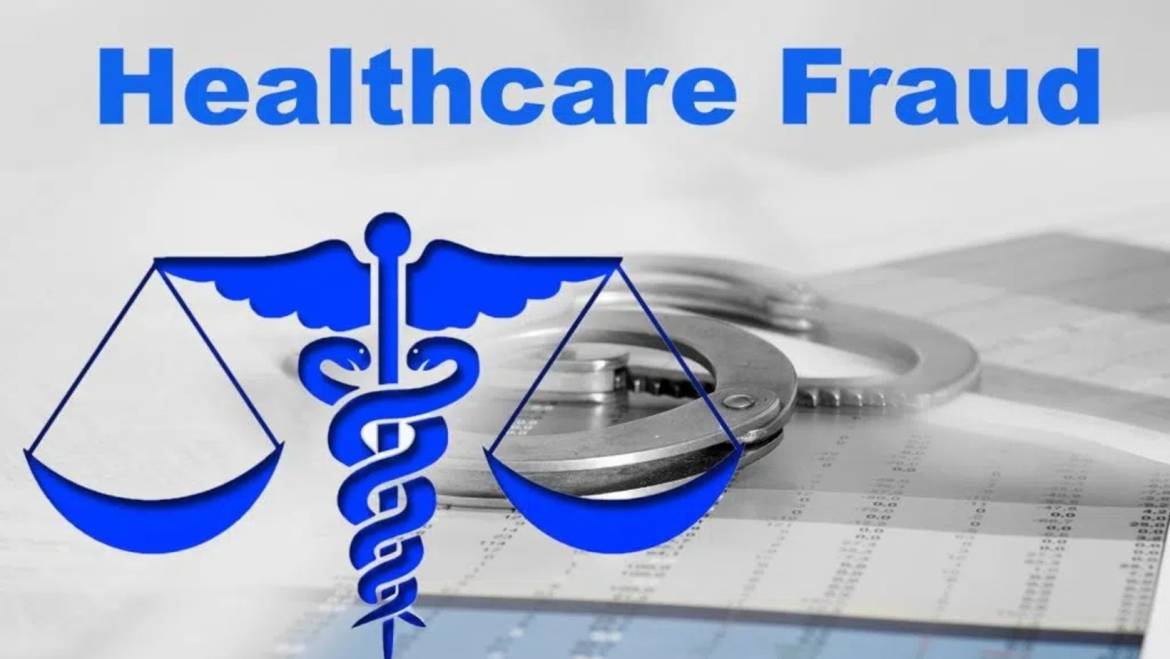Healthcare fraud involves the filing of dishonest healthcare claims in order to turn a profit. Fraudulent healthcare schemes come in many forms. For example, patients commit fraud when they sell subsidized or fully covered prescription medication on the black market for a profit, use transportation benefits for non-medical purposes, or falsify information on an application for medical services. Practitioners commit fraud when they bill for care that was never rendered, file duplicate claims for the same service rendered, or waive patient co-pays.
When healthcare fraud occurs, the healthcare provider passes along the costs to its customers. Statistics show that because of the pervasiveness of healthcare fraud, 10 cents of every dollar spent on healthcare goes toward paying for fraudulent healthcare claims.
Law requires health insurance providers to pay a legitimate claim within 30 days. However, because of the 30-day rule, these agencies rarely have enough time to perform an adequate investigation before an insurer must pay.
A successful prosecution of a healthcare provider that ends in a conviction can have serious consequences. The healthcare provider faces incarceration, fines, and the loss of his or her right to practice in the medical industry.
You can go to jail
When medical aid members, or healthcare providers, with or without the knowledge or participation of medical aid members, submit fraudulent claims to a medical scheme, every member of that scheme actually suffers, as claims are paid from a certain pool of reserves and every member is equally liable for contributing to the reserve funds of that scheme. So while fraud benefits the minority of service providers and/or members, it comes as a cost burden to every other honest member. The perpetration of a fraud on a medical scheme is a criminal offence.


Add Comment